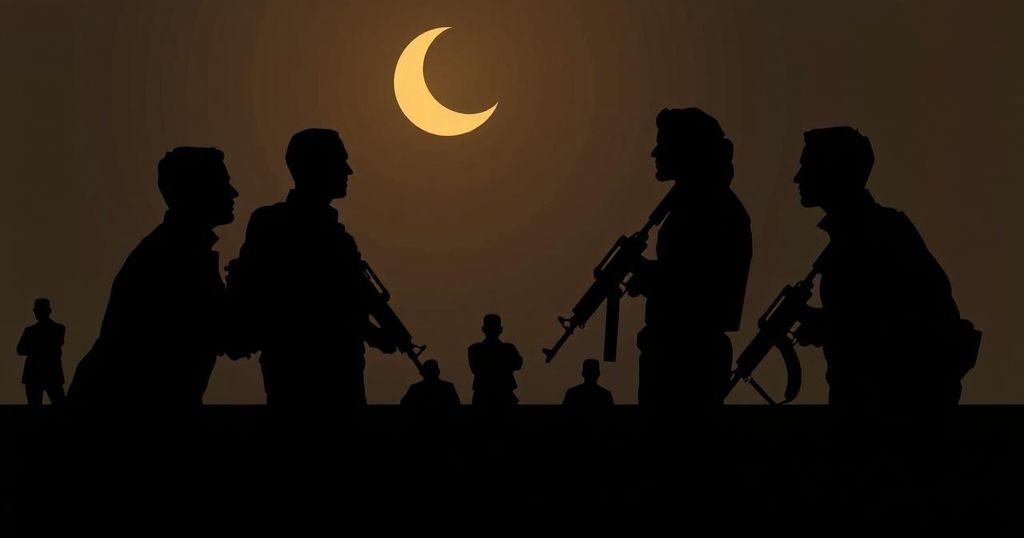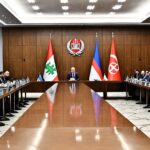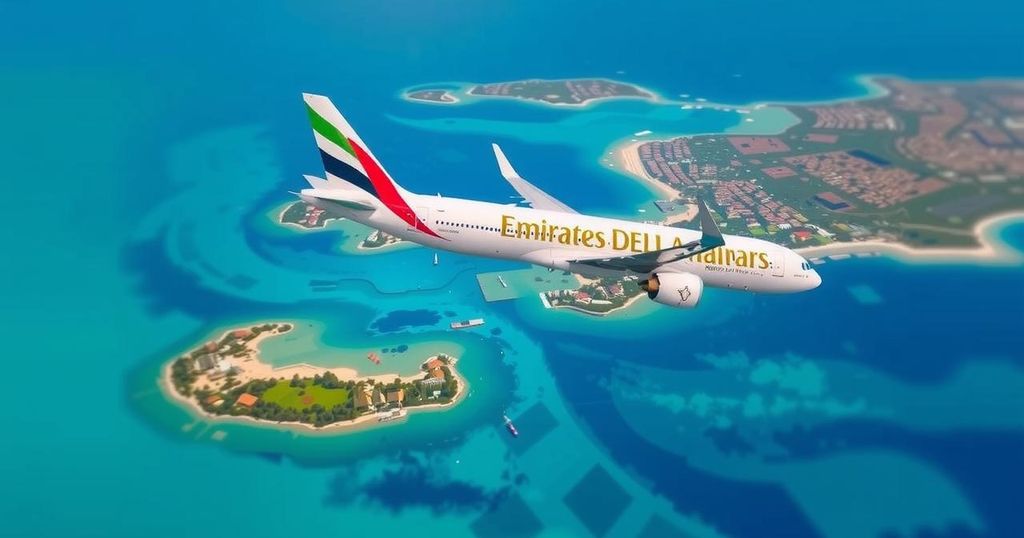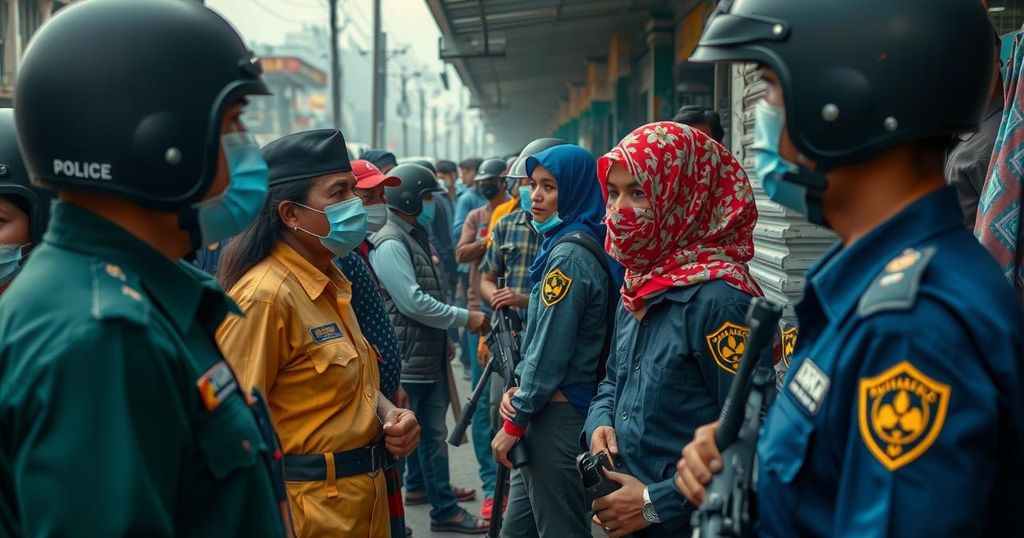Libya’s Armed Factions and Authorities Forge Security Agreement for Tripoli Amid Civil War Fears
In a pivotal development for Libya, factions of armed groups alongside government authorities have successfully negotiated a significant security agreement aimed at the protection of essential infrastructure in the capital city of Tripoli. This accord, heralded by Interior Minister Imad Trabelsi, is a strategic move aimed at stabilizing the region amid rising tensions and the looming threat of a renewed civil conflict.
The security pact, formulated in collaboration with the Ministry of Defence, is designed to ensure the safeguarding of critical sites across Tripoli, including airports, land borders, and key government institutions. Minister Trabelsi emphasized the collaborative effort, stating, “We have brought together all security services in Tripoli to secure vital infrastructure, including the central bank.” This proactive approach is viewed as a crucial intervention to prevent further destabilization in a nation still grappling with the aftereffects of the 2011 NATO-backed insurrection that led to the ousting of former leader Muammar Gaddafi.
This recent accord arises in response to a series of distressing developments that have escalated the sense of urgency. On July 23, forces aligned with the Government of National Unity (GNU), under Prime Minister Abdulhamid Dbeibah, initiated movements westward, prompting a corresponding mobilization by the Libyan National Army (LNA), led by eastern military commander Khalifa Haftar. On August 9, the LNA’s advance into southwestern Libya exacerbated tensions, eliciting concerns from neighboring Algeria regarding regional stability.
Moreover, violent confrontations occurred in the Tajoura district, situated to the east of Tripoli, on August 9, resulting in nine fatalities and extensive property damage. Reports indicate that these clashes may have originated from an assassination attempt on a militia leader; however, local mediation efforts have since managed to mitigate further violence.
On the political front, Libya continues to navigate a complex landscape of leadership changes and power struggles. In early August, Mohammed Takala assumed the role of head of the Tripoli-based High State Council (HSC), succeeding Khaled al-Mishri, a transition that has added further complexity to Libya’s already fractured political sphere. Shortly thereafter, on August 13, some members of the House of Representatives (HoR) voted to terminate the GNU’s mandate, proposing the transfer of military command to the Speaker of the House; however, this initiative was subsequently dismissed by Western leaders.
The issue of the Central Bank has become a focal point in ongoing power disputes. The central bank, which serves as the exclusive internationally recognized repository for Libya’s oil revenues, has encountered scrutiny from Dbeibah’s allies regarding its management of oil resources and the national budget. Compounding the situation, the abduction of Musaab Muslamm, the head of IT at the central bank, on August 18, heightened tensions significantly. Although Muslamm was later released, the incident resulted in a temporary suspension of the bank’s operations, and efforts by the Tripoli-based Presidential Council to remove Governor Seddik al-Kabir were met with opposition from both the HoR and Haftar’s faction.
While the recent security agreement may offer a temporary measure of calm, the persistent political and economic undercurrents continue to pose significant risks to Libya’s stability. With armed groups maintaining heightened alertness and the contested control of the central bank remaining unresolved, the specter of a renewed civil war looms large over the North African state, necessitating continued vigilance and resolution efforts from both domestic and international stakeholders.








Post Comment